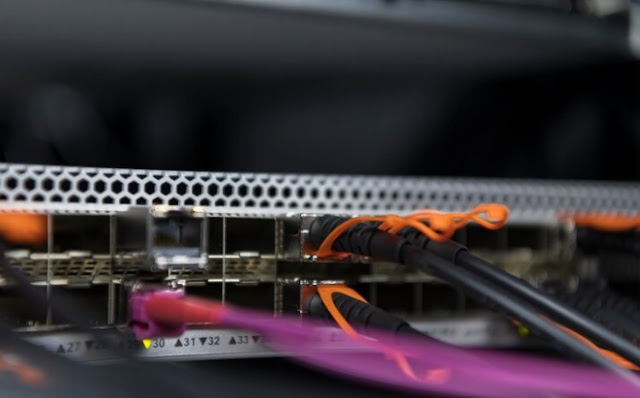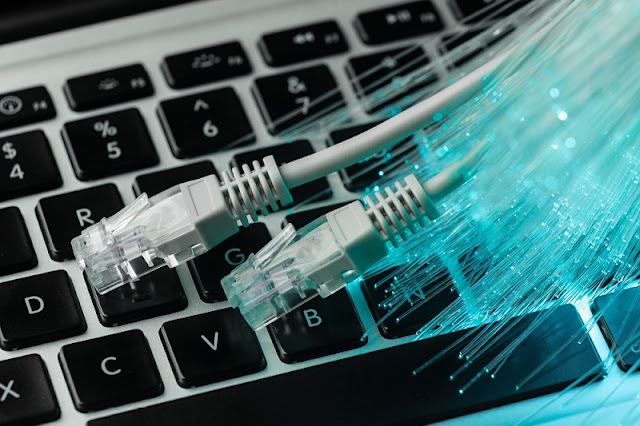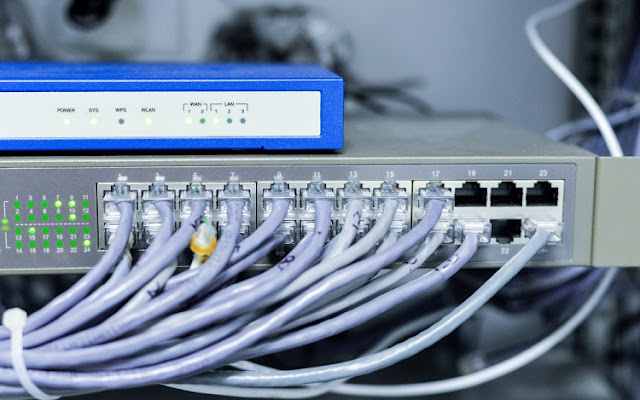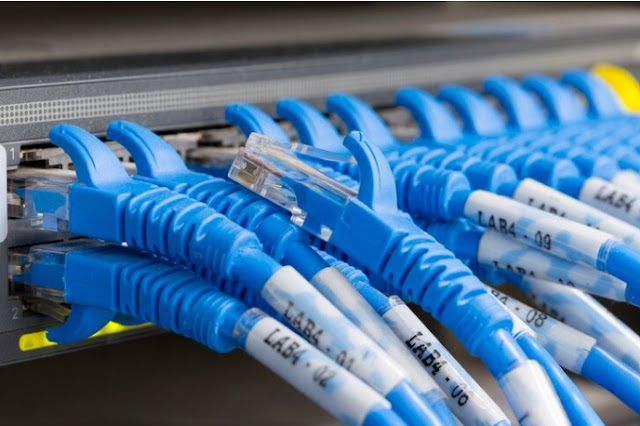Recently,
businesses have witnessed a significant shift towards structured cabling
systems. This trend, driven by various technological and operational factors,
underscores the growing need for scalable and efficient network
infrastructures. If you are in the US, collaborating with a reliable Cabling
company in New Jersey will be beneficial for you. Let
us explore the reasons behind this shift and why structured cabling has become
essential for modern businesses.
Increasing Data Demands
The
explosion of data in today’s digital age is one of the primary reasons for the
shift towards structured cabling. With the proliferation of cloud computing,
big data, and Internet of Things (IoT) devices, businesses require robust
networks that can handle massive amounts of data traffic. Network
cabling contractors opt for structured cabling systems
as they provide the high bandwidth and speed necessary to support these
data-intensive applications.
Improved Network Reliability and Performance
Structured
cabling offers unparalleled reliability and performance. Unlike traditional
point-to-point cabling, which can be messy and prone to errors, structured
cabling uses standardized methods and components to create a cohesive and
organized network. This reduces the risk of downtime caused by tangled or
damaged cables, ensuring consistent network performance. Businesses can rely on
structured cabling to maintain uninterrupted connectivity, crucial for daily
operations and customer satisfaction.
Scalability and Flexibility
Modern
businesses need to adapt quickly to changing technological landscapes.
Structured cabling provides the scalability and flexibility required to meet
these demands. As companies grow and evolve, structured cabling systems can
easily accommodate new devices, users, and applications without significant
reconfiguration. This adaptability saves time and money and ensures that
businesses remain competitive and responsive to market changes.
Simplified Maintenance and Troubleshooting
One
of the standout benefits of structured cabling is its simplicity in maintenance
and troubleshooting. The organized and systematic layout of structured cabling
makes it easy to identify and resolve issues. When problems arise, IT personnel
can quickly pinpoint the source of the issue and implement the solution. This
efficiency in problem-solving enhances overall productivity and operational
efficiency.
Cost-Effectiveness
While
the initial investment in structured cabling may be higher than traditional
cabling solutions, the long-term cost benefits are substantial. Structured
cabling systems reduce operational costs by minimizing downtime and improving
energy efficiency. The organized nature of structured cabling also reduces the
need for frequent upgrades and replacements, providing a higher return on
investment over time.
Future-Proofing Technology
Structured
cabling is designed with future technologies in mind. As new innovations and
standards emerge, structured cabling systems can easily accommodate
advancements without requiring a complete overhaul. This future-proofing aspect
ensures that businesses are prepared for upcoming technological developments.
This allows businesses to smoothly integrate new hardware and software
solutions.
Summing
up
Frustrated
about where to find Network
installer near me? Search on the internet for
professional and experienced network cabling providers. By investing in
structured cabling, companies can stay ahead of the curve and avoid the costly
disruptions associated with upgrading outdated systems.






